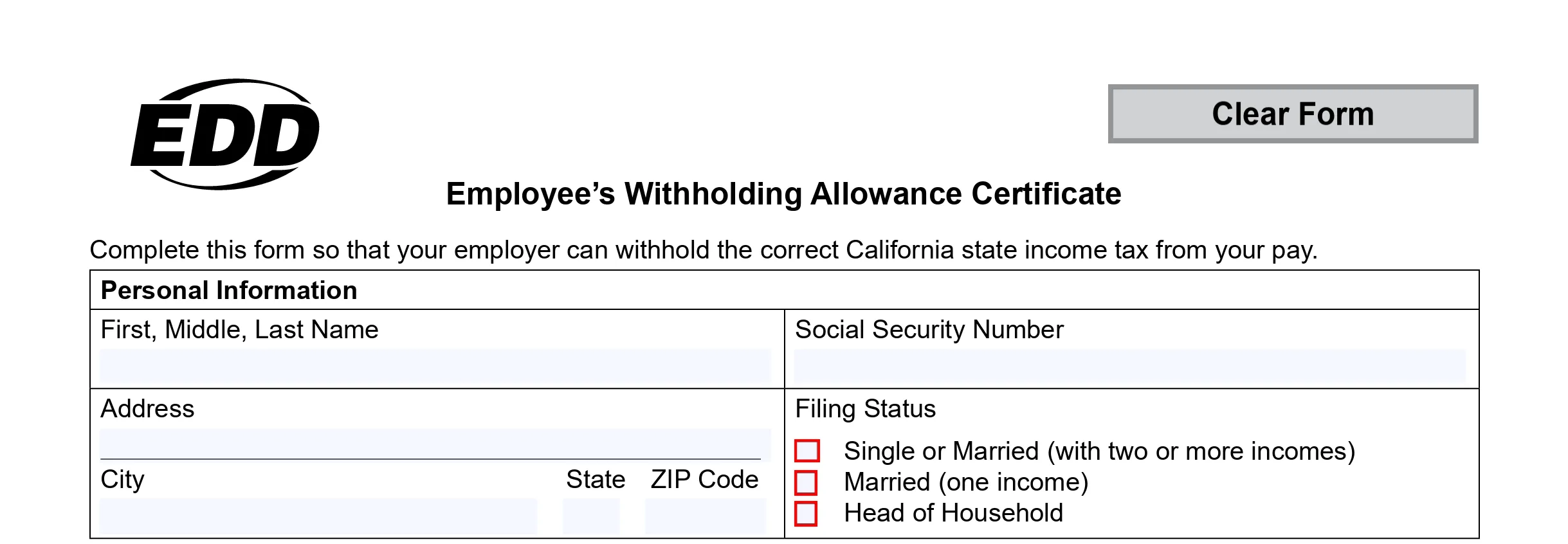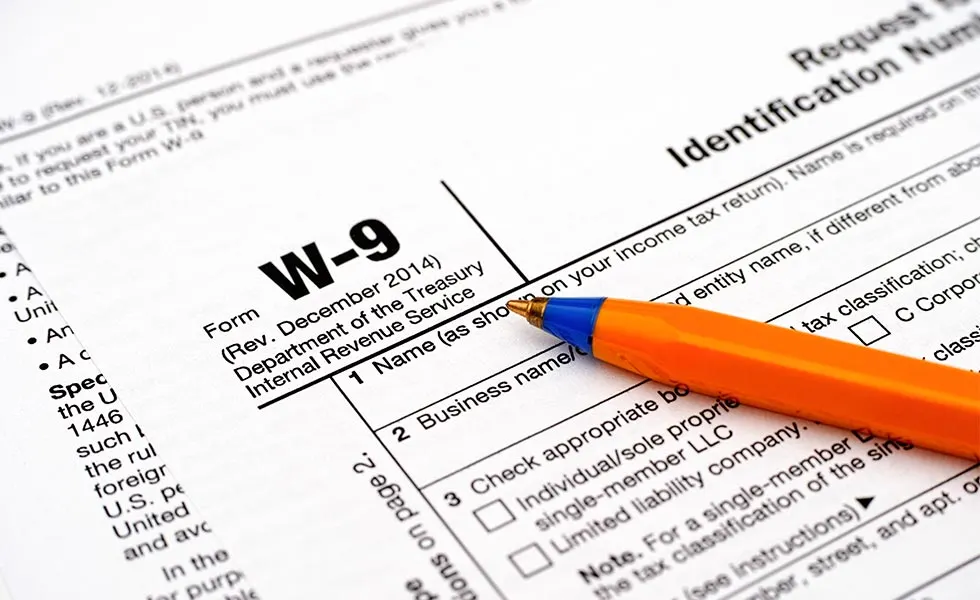Depreciation: Here’s What Every Business Needs To Know About it - Part III

As promised, this is our third and last post about Depreciation. Today we will share with you the difference between Depreciation for tax purposes and Depreciation for book purposes. We hope to solve all your doubts about depreciation in our three publications:
Depreciation: Here’s What Every Business Needs To Know About it - Part I and Part II.
So let's learn a little more!
If you don’t have any idea about the differences between both methods, take into account only one variable: TIME! Yes, the difference between book depreciation and tax depreciation involves the "timing" of when the cost of an asset will appear as depreciation expense on a company's financial statements versus the depreciation expense on the company's income tax return. It means, the depreciation expense in each year will likely be different, but the total of all of the years' depreciation expense for an asset will likely add up to the same total.
The difference between book and tax depreciation leads some people to say, "Oh, the company has two sets of books." The fact is the company must 1) maintain depreciation records for the financial statement depreciation that is based on the matching principle, and also 2) maintain depreciation records for the tax return depreciation that is based on the IRS rules.
Choosing a Depreciation Method for Tax Purposes
The depreciation method you choose for tax purposes is going to determine your tax deduction. If you’re applying for a business loan, you want to minimize your expenses to increase your bottom line. However, if you expect a higher than normal profit, you should select the method that allows you to take the largest deduction to reduce your profit and overall tax bill.
Choosing a Depreciation Method for Book Purposes
There are two factors you need to consider when choosing a method for book purposes:
- The type of industry your business and;
- How quickly the assets you purchase lose value.
How to Choose the Right Depreciation Method
The following examples show how these methods work for both tax and accounting purposes.
The table below compares how depreciation works for each method.
Sample Depreciation Expenses for $1,000 Computer Using Two Different Depreciation Methods:
Year Bonus or Section 179 Straight Line DDB
Year 1 $1,000 $200 $400
Year 2 - $200 $240
Year 3 - $200 $144
Year 4 - $200 $86
Year 5 - $200 $52
Year 6 - - -
Total $1,000 $1,000 $1,000
For most small businesses that are not in manufacturing, straight line is the most widely used method for book purposes. This is because of how simple it is to calculate straight line depreciation. Once you calculate the depreciation for the first year of an asset, it is the same each year. In the above chart, depreciation for the first two years for the computer is $200 per year and will remain at $200 for the remaining three years.
If you manufacture a product, then go with units of production. Under this method, depreciation is calculated based on the number of units produced by the machine or equipment used to make your product. It will therefore be the most accurate.
If you have assets that lose their value within the first couple of years after purchase, like a car or a laptop computer, then you may opt for double declining balance or the sum of the years digits method, since both of them will result in a higher depreciation expense earlier on in the life of the asset.
BONUS! How to Claim a Tax Deduction for Depreciation!
- To claim it, you must complete Form 4562 for each asset that you want to claim a deduction for. This form should be filed with your tax return.
- If you made a mistake in calculating depreciation on a prior year’s tax return, you can file an amended tax return to make the correction. However, depending on the type of mistake, you may be required to file Form 3115 in addition to an amended return.
It seems easy? Maybe it is but it is important to rely on experts. At My Books and Taxes we are EXPERTS in Depreciation, so if you are looking for someone to advise you, you are in the right place. Just contact us! Schedule a Discovery Call or contact us as [email protected]



